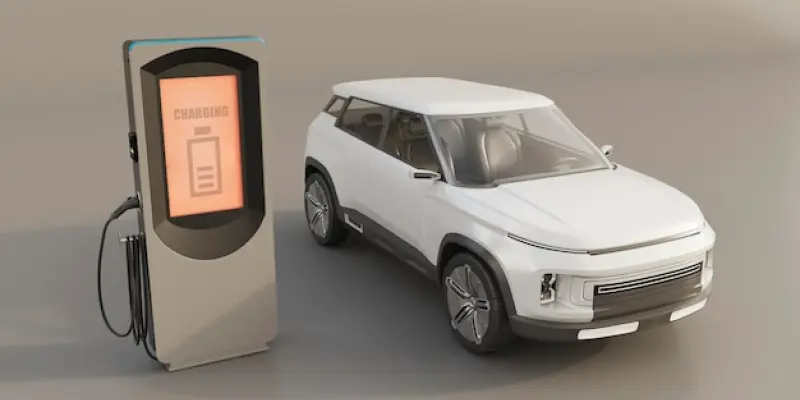The electric vehicle (EV) industry is witnessing a seismic shift, marked by the transformative roles that robotics and automation are playing in enhancing the sustainability and efficiency of EV transportation. Companies like Ample Inc. are at the forefront, showcasing stations capable of operating seamlessly under heavy usage while adhering to stringent safety protocols. The application of these technologies addresses one of the industry’s most pressing issues—prolonged charging durations—by offering an alternative that rivals the quick fill-up times associated with traditional vehicles. The deployment of automation in battery-swapping stations is revolutionizing operations by enhancing efficiency and reducing operational costs.
A pivotal element in the success of these automated stations is the integration of sophisticated computer vision and perception systems. These systems minimize human intervention, thereby lowering the risk of error and maintenance costs while increasing the throughput of vehicles serviced at any given station. This precision not only enhances operational efficiency but also ensures safety and reliability, which are paramount in encouraging consumer confidence in automated EV solutions.
Despite the promising potential of EVs, widespread adoption has been hindered by challenges related to infrastructure, cost, and charging times. However, the integration of automation and robotics presents an opportunity to mitigate these obstacles. Automation also enables the introduction of more flexible EV ownership models, such as leasing the battery rather than purchasing it outright. This “battery-as-a-service” model not only reduces the upfront cost of EVs but also simplifies maintenance and battery management for consumers. This, combined with the operational efficiencies gained through automation, positions EVs as a competitive alternative to traditional vehicles, fostering a more sustainable transportation landscape. Industrial robotic systems have evolved to incorporate advanced error-handling capabilities and seamless integration with other automated systems. Moreover, improvements in multi-robot systems further highlight robotics’ pivotal role in overcoming EV adoption challenges. This innovation in robotic coordination underscores a broader trend towards more autonomous and capable machines, setting the stage for a new era where automated systems play a crucial role in mainstream transportation solutions. The future of industrial automation in the context of sustainable transportation is intrinsically linked to advancements in AI, digital twins, and edge computing. These rapidly developing technologies promise to enhance the capabilities of robotic systems, enabling them to make more sophisticated real-time decisions. Coupled with advancements in edge computing, these technologies enable robots to process vast amounts of data locally, minimizing latency and enhancing response times for critical applications. Collaborative robotics, commonly referred to as cobots, are gaining traction as vital components in the future of industrial automation. As cobots become more advanced, their integration into a diverse range of industries is expected to accelerate the adoption of automation in sectors previously resistant to such change. As robotics and automation technologies continue to mature, they are uniquely poised to address some of the most pressing challenges facing the adoption of sustainable transportation. By streamlining operations and reducing costs, these advancements facilitate more widespread acceptance of EVs, fostering a shift toward cleaner and more efficient mobility solutions.
Looking ahead, the continued evolution of these technologies will likely lead to even more transformative impacts on industries beyond transportation. The journey towards fully realizing the potential of robotics and automation in sustainable transportation is ongoing, promising a future where innovation drives both economic and environmental prosperity.

